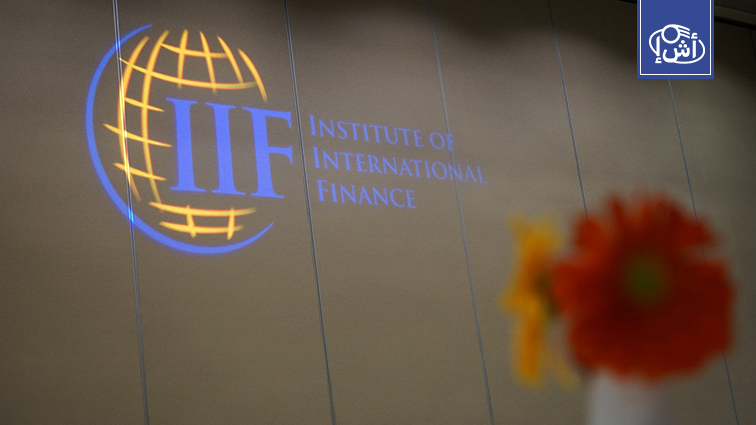A report issued by the Institute of International Finance revealed that Egypt has repaid $25 billion of its domestic and external public debt since last March.
This payment came as a result of the “Ras Al-Hikma” deal, which included the transfer of Emirati deposits worth $11 billion at the central bank into investments in local currency, in addition to the repayment of “Eurobonds” worth $2 billion, which is equivalent to 7% of the gross domestic product.
The report indicated that international investors expressed their optimism about the future prospects of the Egyptian economy, supported by the huge inflows from the “Ras El Hekma” deal, during a virtual conference organized by the institute with the participation of 100 speakers and participants to discuss the economic situation in Egypt, according to the Egyptian newspaper “Al Borsa”.
Investors praised Egypt’s track record in financial commitment and achieving financial goals and stressed that the ambitious goal of reaching a primary surplus of 3.5% of the gross domestic product requires great efforts, especially since 1% of this goal is expected to come from the proceeds of the government offering program.
However, attendees expected Egypt to achieve another year of primary surpluses, helping reduce public debt to 80% of GDP by June 2027.
The report stated that half of the proceeds from the “Ras El Hekma” deal will be kept in the accounts of the Urban Communities Authority for use in projects related to Ras El Hekma, expecting that the financial tightening will contribute to achieving larger primary surpluses, which will help reduce public debt further.
Participants expected that the central bank would begin lowering interest rates, which would help the government reduce the interest bill it pays on the debt, and that lowering interest rates and decreasing misinformation would contribute to significantly reducing the interest rate on government debt.
Private investors and government officials agreed that inflation was on a slowing trend despite devaluation and increases in administratively determined commodity prices, with currency stability and a favorable base year effect offsetting the negative impact.
They expected inflation to fall in February 2025 to less than 15%, and estimates of interest cuts ranged between 4% and 8% by June 2025.
The report confirmed that there is room to increase revenues in the near term, especially since the ratio of revenues to domestic product is modest at 15%.
